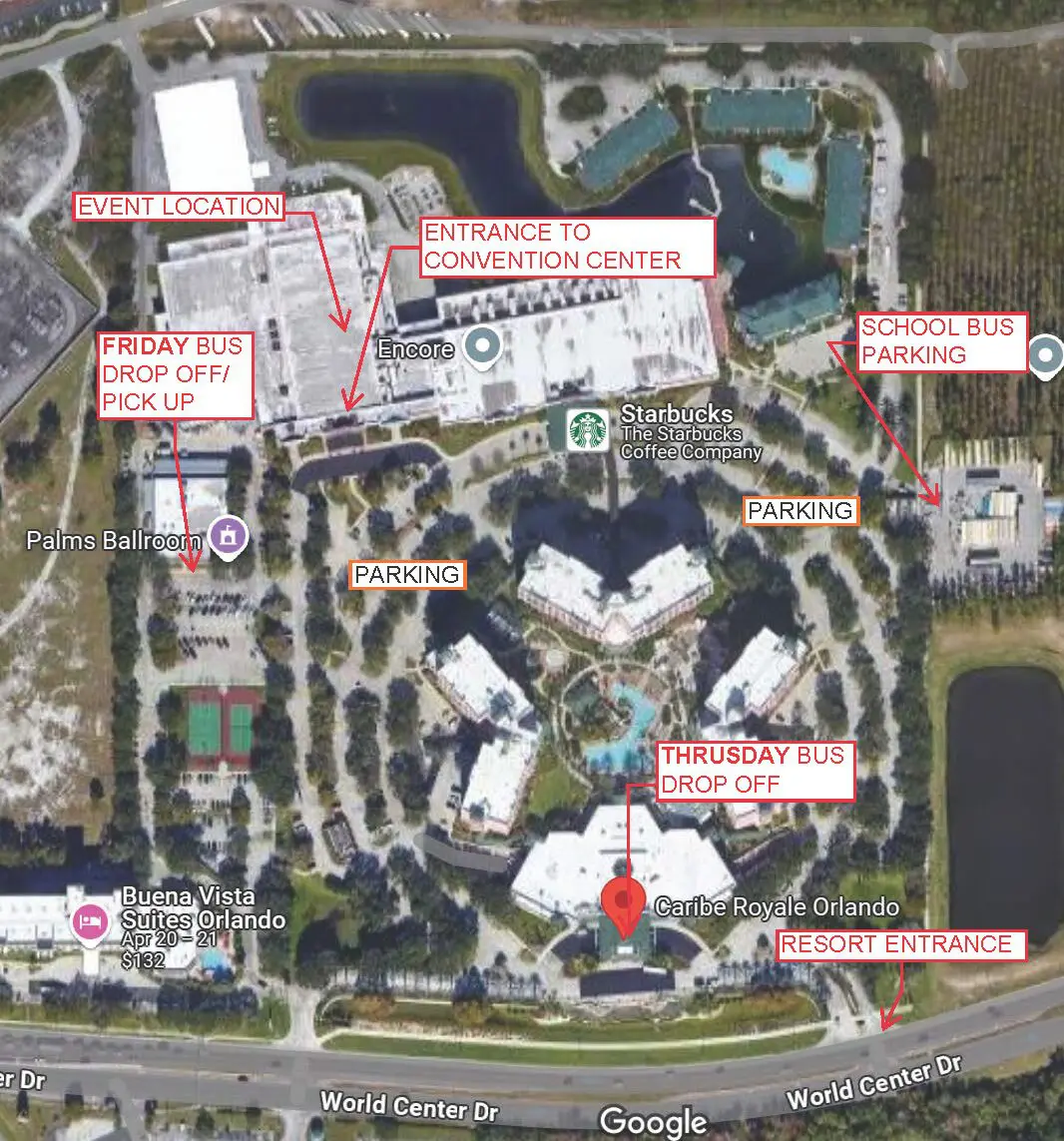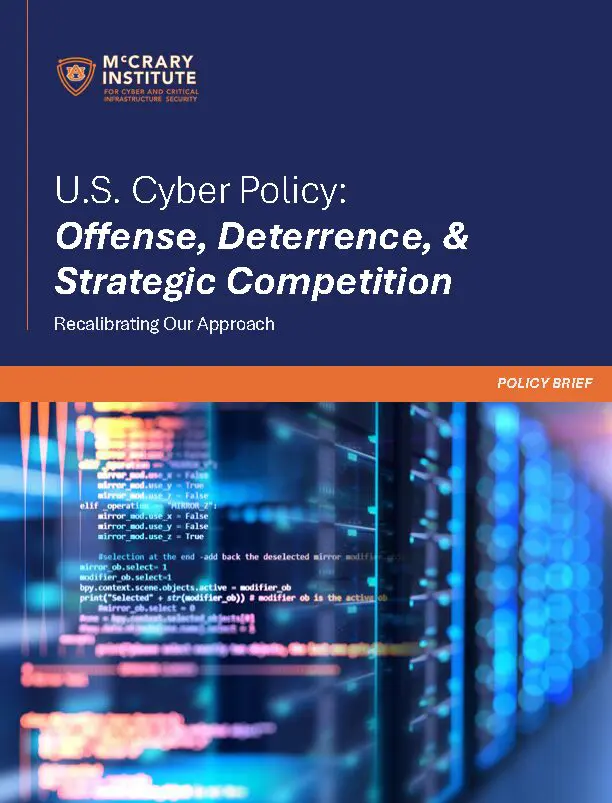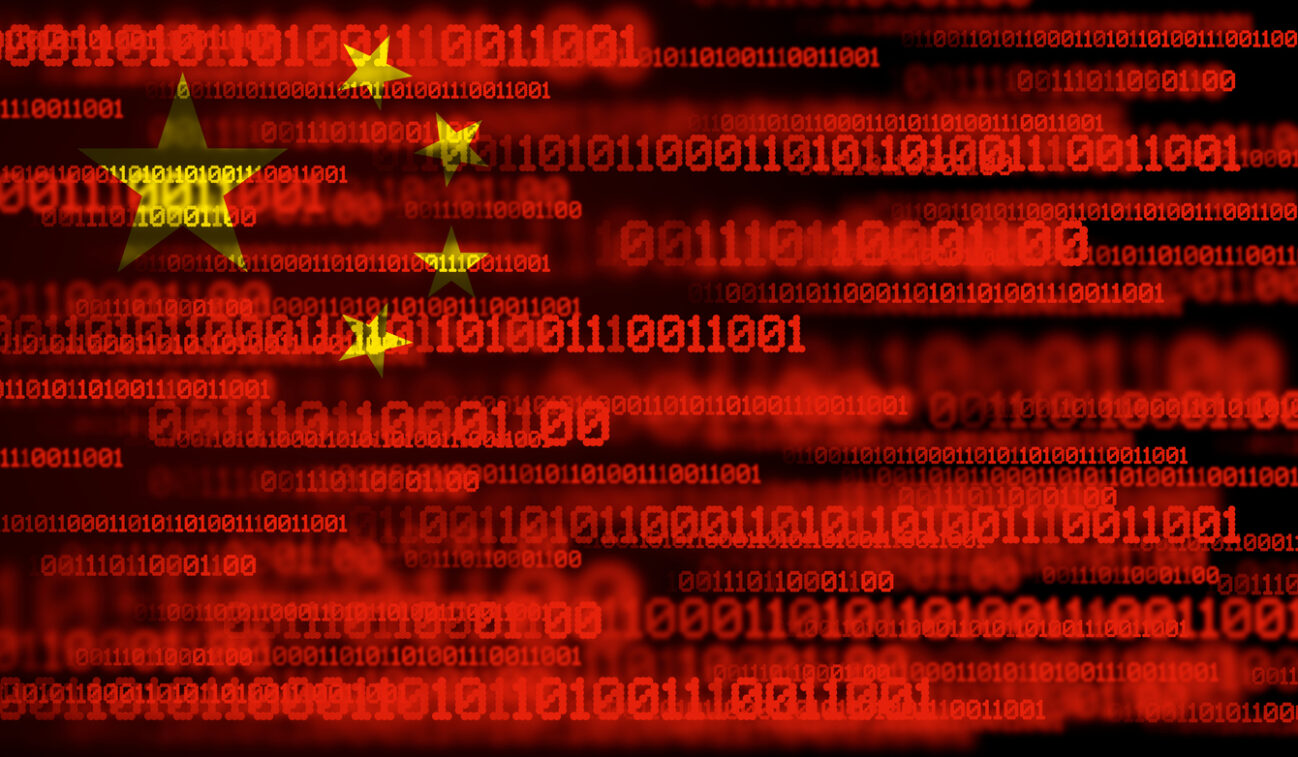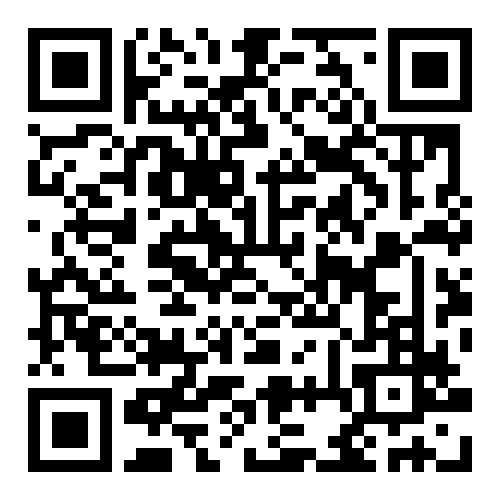About Cyber Florida
This author has not yet filled in any details.So far Cyber Florida has created 92 blog entries.
Jack Voltaic: City Cyber Incident Exercise
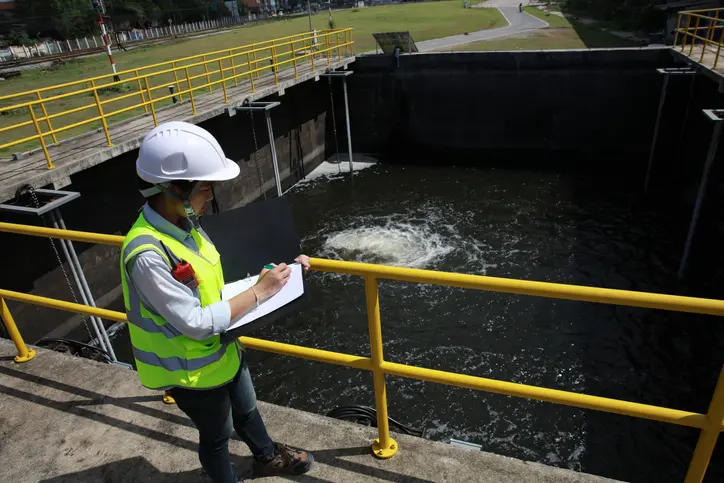
Protecting Critical Infrastructure Together
Join the Army Cyber Institute, Cyber Florida, and partners for an immersive, multi-sector cyber exercise that follows a coordinated cyberattack on the Tampa water sector.
Dates: May 18 – 20
Location: USF Marshall Student Center, Tampa, FL
Cost: FREE
What is Jack Voltaic®?
United States military installations and their surrounding communities share an interest in the resiliency of cyber-critical infrastructure systems. In addition to civil-military interdependencies, a failure in one critical infrastructure sector can cause cascading effects across others. The Army Cyber Institute (ACI) launched the Jack Voltaic® (JV) initiative to address gaps and build resilience.
Who Should Participate?
Utility operators, IT/OT security personnel, emergency managers, city/county leaders, and military base personnel.
Why Attend?
Realistic Scenario: A high-stakes, simulated cyberattack affecting local businesses, public sector infrastructure, and nearby military bases.
Build Relationships: Enhance collaboration between public, private, and military entities to build regional resilience.
Parallel Training Platforms
- Managers/Executives use NUARI’s DECIDE® Platform for strategic decision-making and crisis management tabletop exercises.
- Cyber Responders use SimSpace’s Cyber Range for hands-on, live-fire incident response and IT/OT defense.
It Takes More Than a Certificate
Cyber threats are evolving rapidly. In 2024 alone, the U.S. reported over $50.5 billion in losses and 4.2 million cybercrime complaints. Florida ranked third nationwide – behind only California (1st) and Texas (2nd) – in both complaints and financial losses (FBI, 2024). These threats impact not only the government but also businesses, nonprofits, families, and individuals across communities.
Today’s risks include social engineering, phishing/spoofing, ransomware, extortion, data breaches, and increasingly Artificial Intelligence (AI) attacks, such as deepfakes and automated intrusions. These tactics threaten not just infrastructure, but also public trust and operational continuity. Yet many local, state, and federal employees still lack
access to effective cybersecurity education and awareness training. Existing initiatives often measure success through certificates, digital badges, or job placement, but rarely assess real-world performance, behavior change, or mission readiness. As a result, public-sector agencies remain vulnerable.
This report identifies key challenges in cybersecurity education and awareness programs for state and local government employees and presents strategies to help build cyber-literate and resilient communities across Florida – at work, in public service, and beyond.
Readiness + Resilience: Cyber Florida’s CMMC Level 1 Guide
For small and medium businesses working on federal contracts, the new Cybersecurity Maturity Model Certification (CMMC) can seem overwhelming. Cyber Florida’s new CMMC L1 Guide helps put the new standards into simple language and actionable steps.
Virtual Cyber Workshop for Critical Infrastructure 12/9/25

Virtual Cybersecurity Workshop for Critical Infrastructure
December 9, 2025 | 8:30am – 12 Noon (Eastern Time)
Cyber Florida’s Critical Infrastructure Program (CIP) Workshop brings together public-sector leaders, IT professionals, and emergency managers to tackle real-world cyber threats facing Florida’s essential services. These hands-on sessions deliver practical tools, expert insights, and interactive scenarios designed to help SLTT agencies strengthen their cyber resilience and readiness.
- Receive actionable recommendations for enhancing compliance with Florida Statute 282.318
- See an overview of Cyber Florida’s no-cost solutions and services to strengthen your organization’s cyber defenses.
- Engage in an exciting tabletop exercise hosted by the National Cybersecurity Preparedness Consortium (NUARI), offering hands-on experience in responding to cyber incidents.
Whether you’re securing water systems, transportation networks, or municipal services, these workshops are your front line in building a safer Florida. Don’t miss this chance to improve your cybersecurity posture and resilience!
McCrary Institute: Code Red
The coordinated “typhoon” campaigns, led by actors like Volt Typhoon, reflect a new phase of state-sponsored cyber warfare that demands a comprehensive U.S. and allied response integrating cybersecurity, intelligence, diplomacy, and legal reform. Dive into the McCrary Institute’s comprehensive brief on this persistent threat.
Resources for CyberLaunch
Pre-Event Read-Aheads
Links open in a new tab.
REMINDER: Faculty advisors and chaperones are responsible for their respective students AT ALL TIMES. Cyber Florida cannot accept responsibility for student safety. Please ensure your students treat the event team, the hotel, and other guests respectfully.
Join us on WhatsApp:
Cyber Florida CyberLaunch
We have created an optional WhatsApp Community to connect the event administrators with team faculty leads in case you have questions or problems during the event (i.e, running late, can’t find the venue, etc.). It is not required, just an option to help you connect with the event team. Please do not share the link with students; this is intended for event staff and faculty leads only. Thank you!
Agenda
- 8:00-9:00 AM: Check-In + Breakfast Grand Sierra Ballroom + Hallway
- 9:00–10:00 AM: Welcome Remarks + Keynote Address Grand Sierra Ballroom
- 10:00 AM–12:00 PM:
- Competition Grand Sierra Ballroom
- Faculty Breakout Sessions: Antigua Rooms 1-3
- 12:00–1:00 PM: Lunch Grand Sierra Ballroom
- 1:00-3:00 PM:
- Competition Grand Sierra Ballroom
- Faculty Breakout Sessions Antigua Rooms 1-3
- 3:00-3:30 PM: Break
- 3:30-4:00 PM: Awards Ceremony Grand Sierra Ballroom
- 4:00 PM: Event Concludes
Students and faculty advisors are encouraged to visit with exhibitors and cyber mentors throughout the event to learn more about cyber careers.
Faculty advisors may check in on their teams anytime, but we ask that you do not assist with the challenges. Trained volunteers will be available to assist teams as needed while keeping a fair playing field for all participants.
Resort Map
